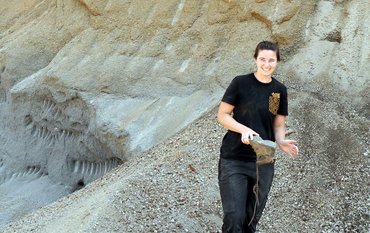First-time research of power plant carbon dioxide in geological storage
03.05.2011 | Potsdam / Ketzin: Today, the German Research Centre for Geosciences GFZ has for the first time stored carbon dioxide (CO2) from a power plant underground. In a trial experiment at the test facility in Ketzin in Brandenburg, the pilot site for the scientific study of geological storage of the greenhouse gas CO2, 2,000 tons of industrially separated CO2 from the pilot plant Schwarze Pumpe will be injected over the course of about one month.
Since June 2008, the GFZ has stored carbon dioxide that is suitable for food production at their research site. So far this CO2 has a purity of more than 99.9 percent. "Our recent work at Ketzin provides fundamental insights into the injection process itself, the migration behavior of CO2 in the reservoir rock and the development, testing and validation of various monitoring methods," said Dr. Michael Kuehn, head of the Centre for CO2 storage at the GFZ in Potsdam. "With over 99.7 percent, the CO2 from Schwarze Pumpe also has a high degree of purity, but it contains traces of other gases resulting from operational processes in the power plant." It is another important step towards the injection and storage of CO2 from technical processes and the implementation of the entire technology chain of CCS (Carbon Capture and Storage) consisting of capture, transport and storage. Michael Kuehn emphasizes: "We carry out pure research at Ketzin. We examine whether the geological storage of the greenhouse gas is an option for reducing CO2 emissions. Safety for man and nature are of the highest priority for us. That is why we start by exploring the interaction between rock, gas and gas impurities from technical processes with such small amounts." These are essentially sulfur and nitrogen compounds resulting from the separation of carbon dioxide. The pilot plant of Vattenfall Europe AG in Schwarze Pumpe is the only facility that is able to supply industrially separated carbon dioxide. "The mining permit issued by the State Office for Mining, Geology and Natural Resources applies only to this source. Ketzin is a research project and it remains one", says Michael Kuehn.
The CCS technology is aimed at removing CO2 from flue gas of power plants and industrial facilities (such as steel and cement), and then storing it safely in deep geological formations to prevent its release into the atmosphere. The pilot site Ketzin managed by GFZ is the first European research centre that studies the geological storage of CO2 in an onshore saline aquifer. Because of its uniqueness, it is a pilot site with a worldwide reputation as emphasized by numerous international collaborations. Since 30 June 2008, 48 500 tons of food-grade CO2 have been injected and stored underground in the framework of national and international research projects under the lead of the GFZ to date. The injection and storage of CO2 from a real separation process in a power plant takes place within the context of the BMBF-funded project CO2MAN, which in addition to the GFZ has a number of other national and international scientific and industrial partners.
The injection of the CO2 from the Schwarze Pumpe pilot plant is accompanied by an extensive scientific monitoring program. The monitoring methods used at the Ketzin site are among the most comprehensive and innovative worldwide in the field of CO2 storage.







![[Translate to English:] Both scientists sitting on stools in front of a wall of books in the Telegrafenberg library](/fileadmin/_processed_/6/6/csm_Buiter_Castell_DORA_4_e87cb1ea18.jpeg)
![[Translate to English:] Gruppenbild mit 4 Personen](/fileadmin/_processed_/8/d/csm_20241017_GFZ-Emmerman-Medal-005_web_reinhardtundsommer_21a414fa4a.jpeg)






![[Translate to English:] Ice landscape with five red tents](/fileadmin/_processed_/8/9/csm_Zeltlager_auf_dem_Eis_Urheberin_Jenine_McCutcheon_5ced2d523b.jpeg)


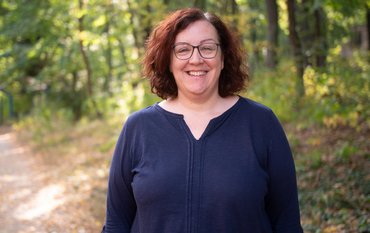
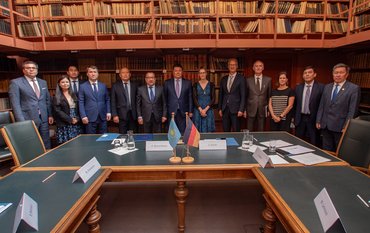

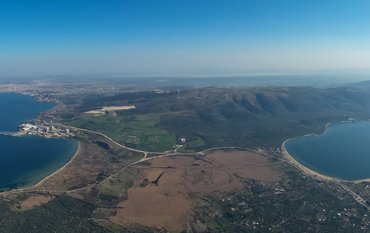
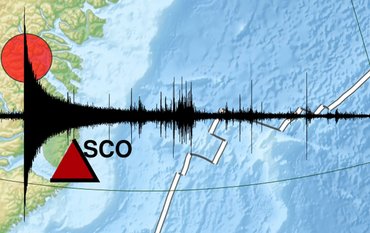
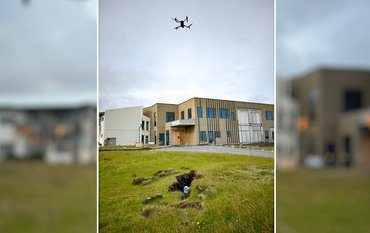

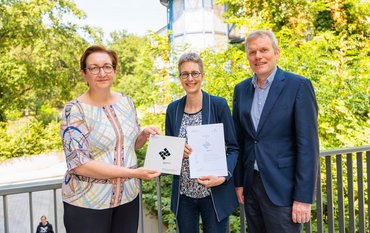
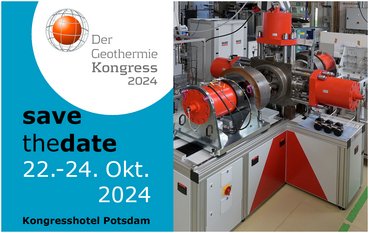
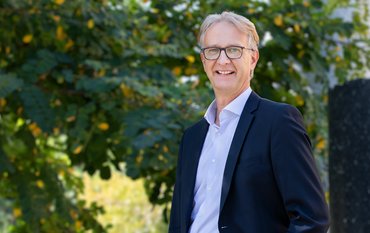

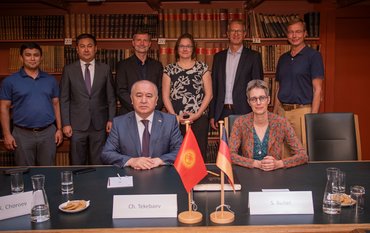
![[Translate to English:] Group photo with 7 people in front of a new metal plant in a large laboratory hall.](/fileadmin/_processed_/0/4/csm_20240628-GFZ_Einweihung_Triax-Anlage-PRESSE_Abb1_040_c-Bahlo-GFZ_187906cb48.jpeg)

